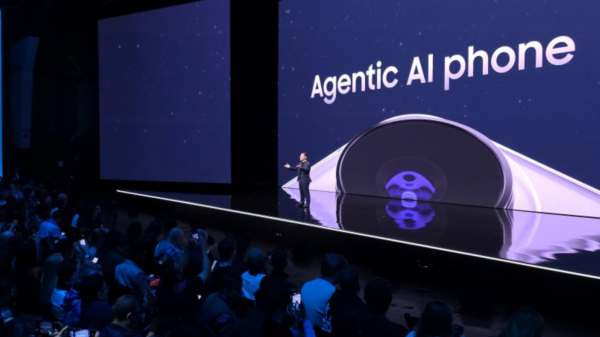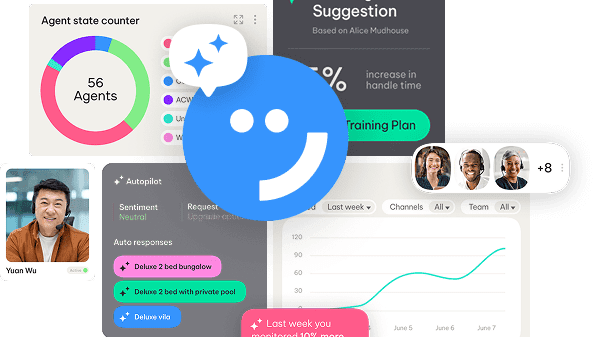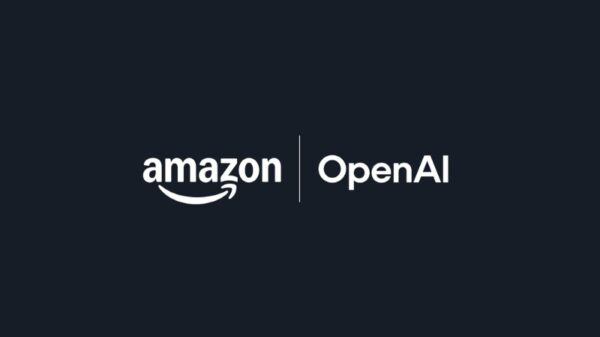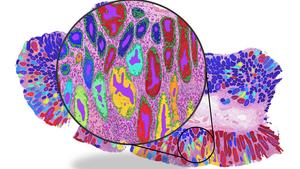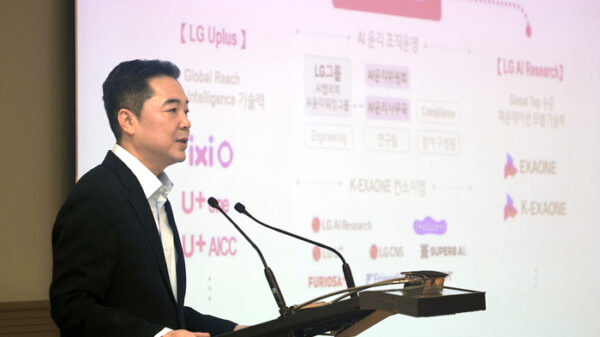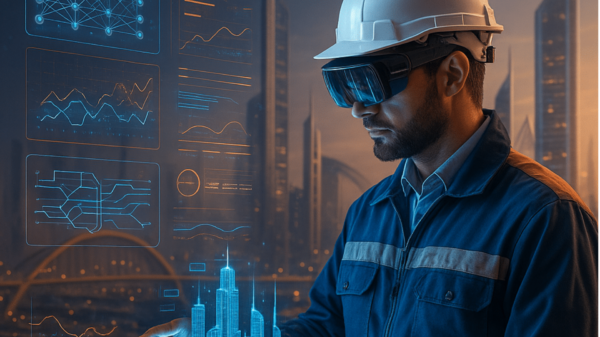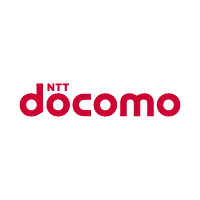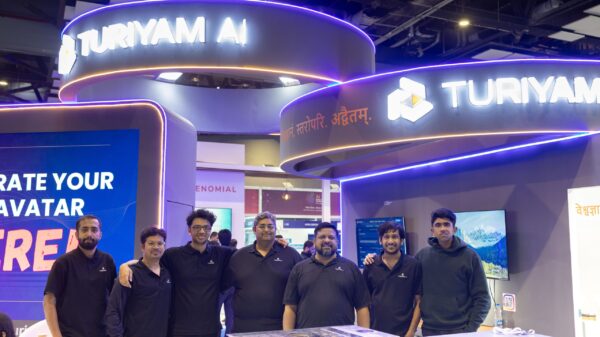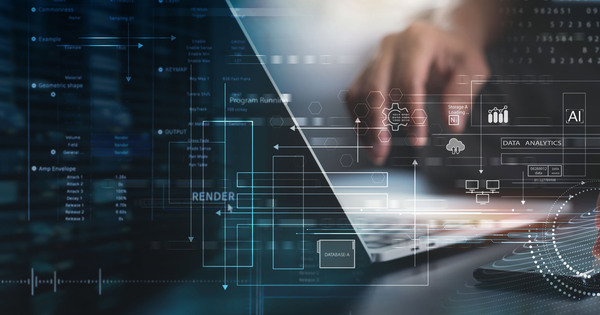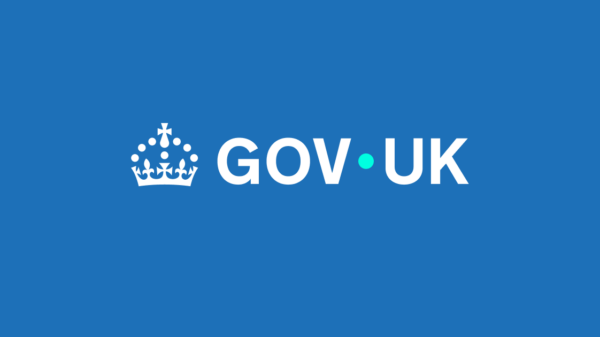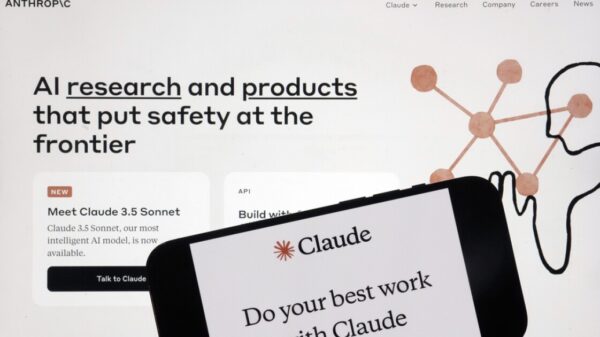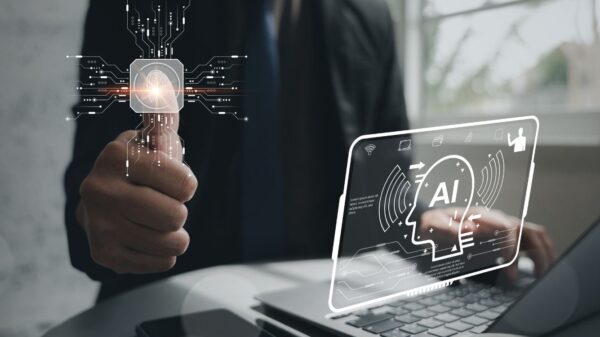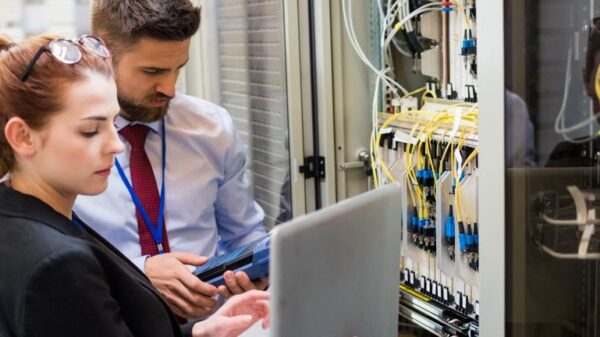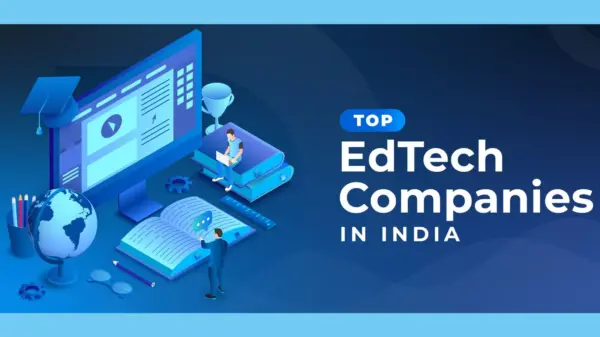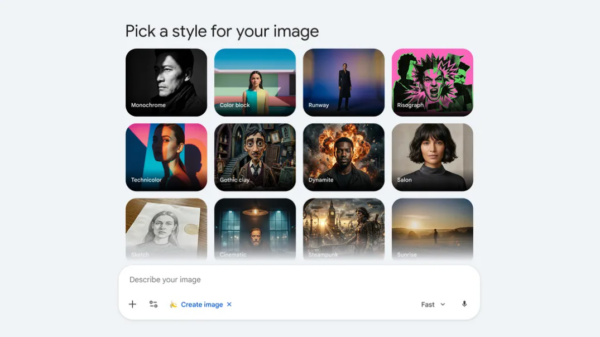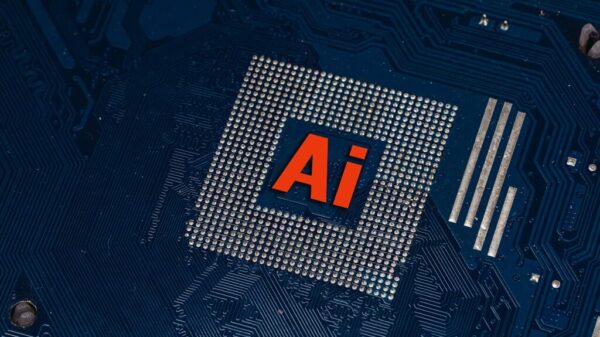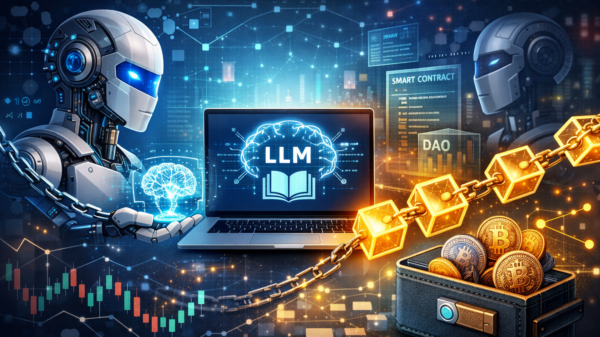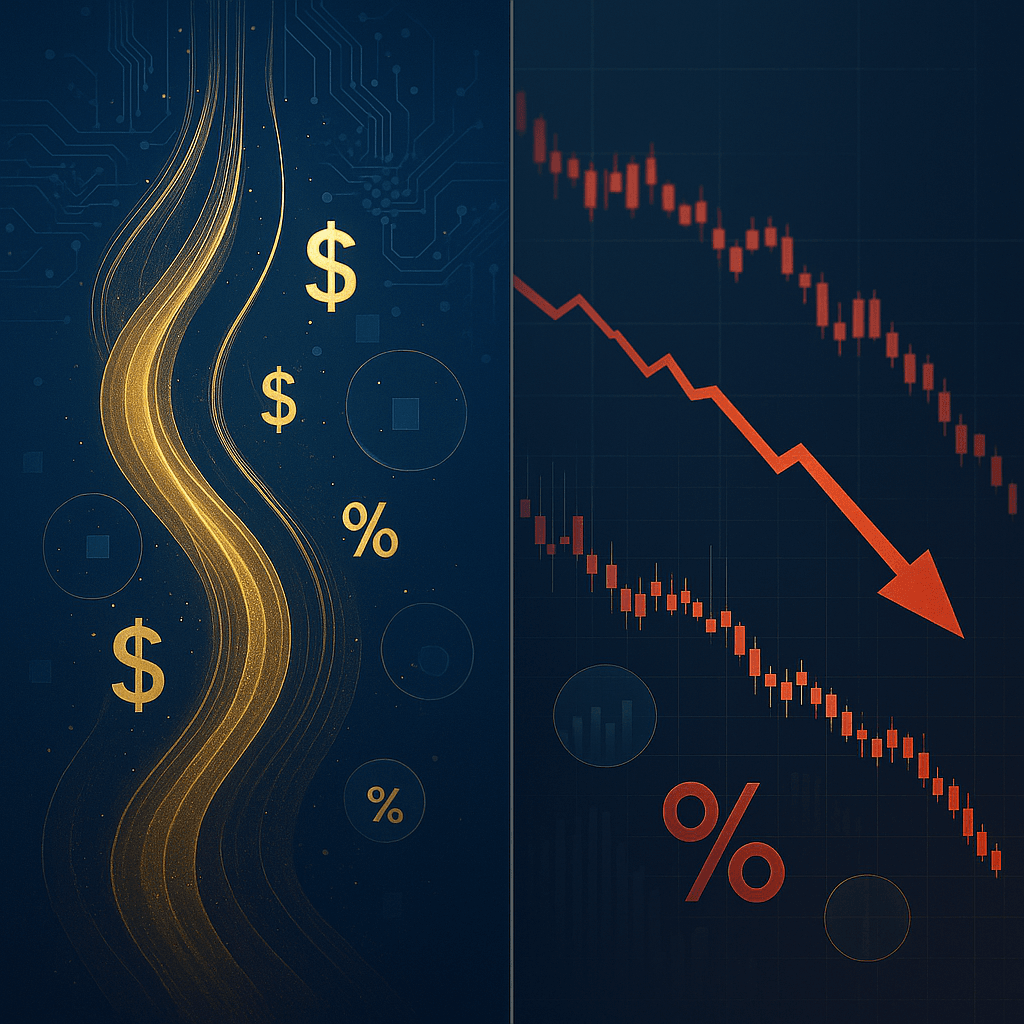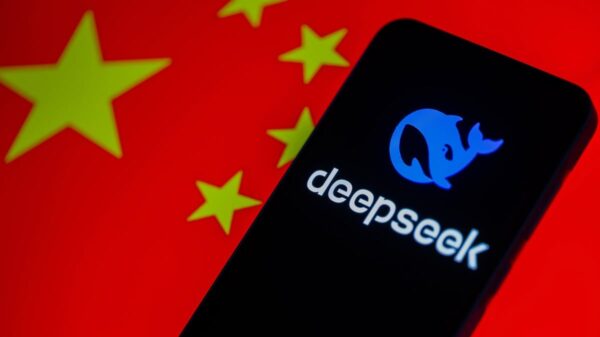The landscape of AI investment is currently marked by a striking paradox. Recently, **Microsoft** and **Nvidia** made headlines for committing a staggering **$15 billion** to **Anthropic**, a startup that has now achieved a valuation of approximately **$350 billion**. However, this significant investment comes amid a troubling trend for public AI stocks, which have been declining for four consecutive days, indicating a growing disconnect between corporate investment and stock market performance.
This influx of capital into **Anthropic**, which positions itself as a competitor to **OpenAI**, underscores a peculiar dynamic within the AI sector: the flow of money appears to be one-directional, predominantly from established tech giants to emerging startups. Specifically, **Microsoft** has contributed up to **$5 billion**, while **Nvidia** has added up to **$10 billion**. According to sources from **CNBC**, this deal not only bolsters Anthropic’s financial standing but also establishes a unique arrangement where Anthropic has committed to purchasing compute power from both investors, creating a cycle of investment and revenue that raises questions about genuine market validation.
While corporate giants funnel enormous amounts of capital into AI ventures, the public market is displaying a contrasting and skeptical sentiment. As evidenced by recent performance, major AI companies like **Nvidia**, **Amazon**, and **Microsoft** have seen significant declines, contributing to the **S&P 500** experiencing its longest losing streak since August. Analyst **Sam Stovall**, chief investment strategist at **CFRA**, has pointed out that **Nvidia** is “the top company within the top industry within the top sector.” A disappointing earnings report from Nvidia could further exacerbate the broader market’s downward trend.
In a bid to shift the narrative, **Google** unveiled its latest AI model, **Gemini 3.0**, on Tuesday. According to **CEO Sundar Pichai**, this update promises to require “less prompting” for users to receive desired responses. **Demis Hassabis**, CEO of **DeepMind**, noted that the new model aims to replace “cliché and flattery with genuine insight,” reflecting the rapid pace of innovation in AI tools. This rollout comes just eight months after the introduction of **Gemini 2.5**, highlighting the accelerated tempo of AI development.
The stark contrast between private corporate investments and public market reactions reveals an underlying tension within the AI sector. On one hand, tech giants are making massive financial commitments, yet public investors are growing increasingly cautious, questioning when these substantial investments will begin to yield actual returns. The circular nature of deals—where investors also become customers—further complicates the landscape, making it difficult to ascertain authentic market demand from merely manufactured revenue streams.
As the AI industry continues to evolve, this paradox between investment and market performance may define its trajectory. Understanding the intricacies of these financial movements and their implications for the broader market will be crucial for stakeholders navigating the complex landscape of AI.
See also Anthropic Partners with Rwanda and ALX to Launch Chidi AI for 200,000 Learners
Anthropic Partners with Rwanda and ALX to Launch Chidi AI for 200,000 Learners TikTok Launches AI Content Control, Allows Users to Customize AI Visibility in Feeds
TikTok Launches AI Content Control, Allows Users to Customize AI Visibility in Feeds Microsoft’s AI Deal Reveals New Complexity in AI Supply Chain Dynamics
Microsoft’s AI Deal Reveals New Complexity in AI Supply Chain Dynamics FPT Partners with FutureTEC to Deliver AI Solutions Across Kuwait, Bahrain, and Jordan
FPT Partners with FutureTEC to Deliver AI Solutions Across Kuwait, Bahrain, and Jordan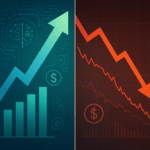 Microsoft and Nvidia Invest $15B in Anthropic Amid Tech Stock Slide
Microsoft and Nvidia Invest $15B in Anthropic Amid Tech Stock Slide
